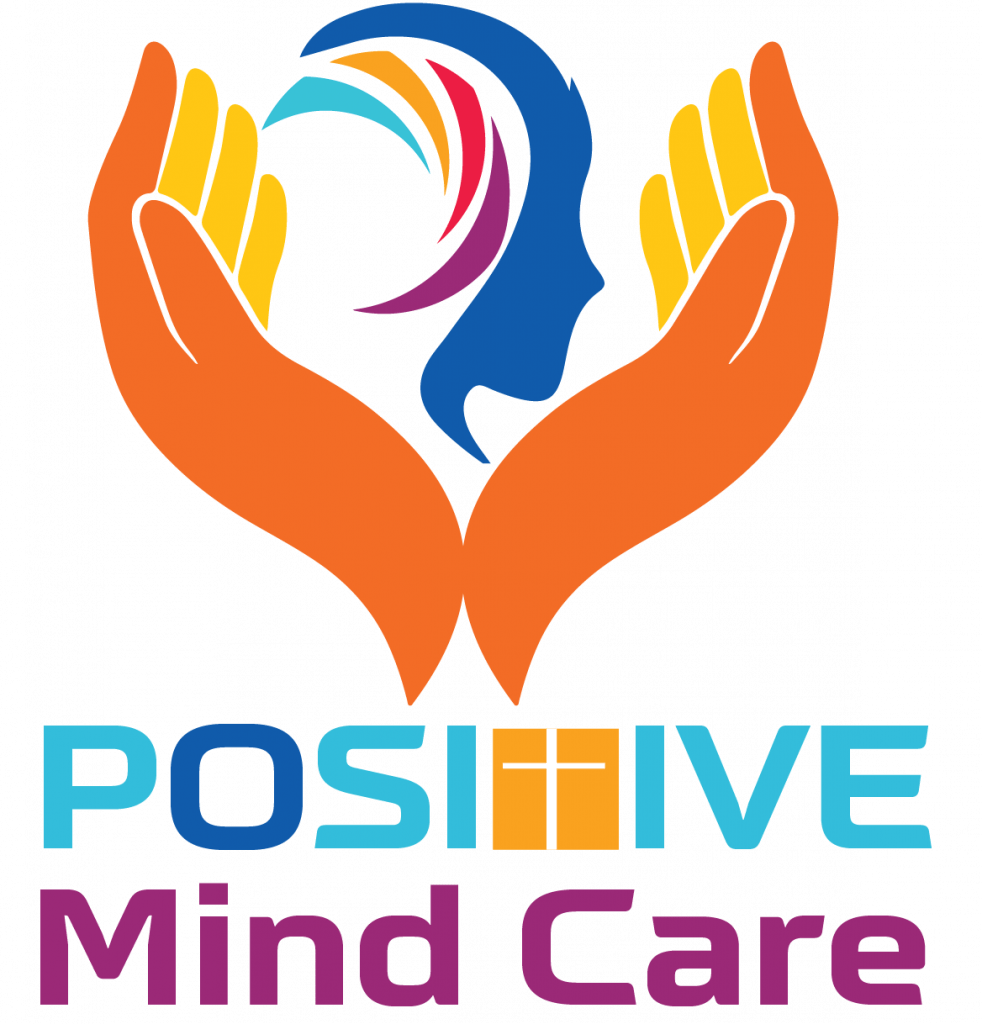The Cycle of Cravings and Mental Health
As the cycle of cravings continues, it can significantly impact mental health. Research suggests that individuals who frequently succumb to fast food cravings are more likely to experience symptoms of depression and anxiety. This link is multifaceted: poor dietary choices can lead to nutritional deficiencies that affect brain function, and the guilt or shame following binge-eating episodes can exacerbate existing mental health issues.
Psychological Terminologies: Hedonic Eating and Emotional Regulation
Hedonic eating refers to eating for pleasure rather than hunger. Fast food, often designed for maximum palatability, is a prime example of triggering hedonic eating. This behaviour can lead to a disconnect between eating and actual hunger cues. Additionally, fast food can become a coping mechanism for emotional regulation. People may turn to these foods to alleviate stress, sadness, or boredom, inadvertently reinforcing the connection between negative emotions and indulgence.
How can Deep TMS help in this?
Deep Transcranial Magnetic Stimulation (Deep TMS) is a non-invasive neuromodulation technique that can effectively target and modulate these brain regions. By using magnetic fields to stimulate neurons in these areas, Deep TMS can help regulate neurotransmitter activity and restore balance in reward and emotional processing. This, in turn, can alleviate symptoms of depression and anxiety.
Deep TMS has shown promise in clinical studies as a treatment for depression and anxiety. It can enhance neural connectivity, leading to improved mood regulation and reduced cravings. By directly targeting the brain regions associated with reward processing, it has the potential to address the root causes of these disorders.
However, while Deep TMS offers a novel approach, it’s important to note that individual responses vary. Treatment outcomes can be influenced by factors like the severity of the condition, treatment protocol, and the brain’s unique characteristics. Deep TMS is often used in conjunction with other therapies, like psychotherapy and medication, to provide comprehensive care.
Breaking the Cycle: Effective Measures
- Mindfulness and Meditation: These techniques enhance awareness of cravings and emotions, allowing individuals to respond mindfully rather than impulsively. By acknowledging cravings without judgement, individuals can gradually weaken their hold.
- Cognitive Behavioral Therapy (CBT): CBT helps individuals identify and modify negative thought patterns and behaviours. It equips them with coping strategies to manage cravings and rewire their responses to triggers.
- Healthy Lifestyle: Regular exercise, a balanced diet, and adequate sleep play crucial roles in regulating neurotransmitter activity and promoting overall well-being. These habits positively impact reward pathways, potentially reducing the intensity of cravings.
- Social Support: Engaging in meaningful social interactions provides emotional support, reducing feelings of isolation and potentially diminishing the grip of negative emotions that fuel cravings.
- Dopamine Fasting: This technique involves temporarily abstaining from activities that trigger excessive dopamine release, allowing the brain’s reward system to reset and become more responsive to everyday pleasures.
Positive Mind Care does provide such measures. According to our experts, these measures and Deep TMS will help a lot in the treatment of depression and anxiety caused by fast food cravings.
Conclusion
In the intricate dance of psychology, reward pathways and cravings take centre stage, influencing our emotions, behaviours, and mental health. Their connection to conditions like depression and anxiety underscores the significance of understanding these phenomena. By unravelling the mechanisms that drive cravings and their relationship with reward pathways, we empower ourselves with tools to mitigate their potential negative impacts. Deep TMS holds promise in treating depression and anxiety by targeting reward pathways and cravings through non-invasive neuromodulation. Its ability to modulate neural activity in key brain regions offers a potentially effective method to restore emotional balance and alleviate symptoms associated with these mood disorders.
Positive Mind Care in Gurugram is a beacon of hope for individuals battling with such disorders, thanks to its cutting-edge Deep TMS therapy and comprehensive approach to treatment. By outfitting the force of imaginative innovation and customized care, Positive Mind Care is changing lives and making ready for a more brilliant, more joyful future for its patients.



